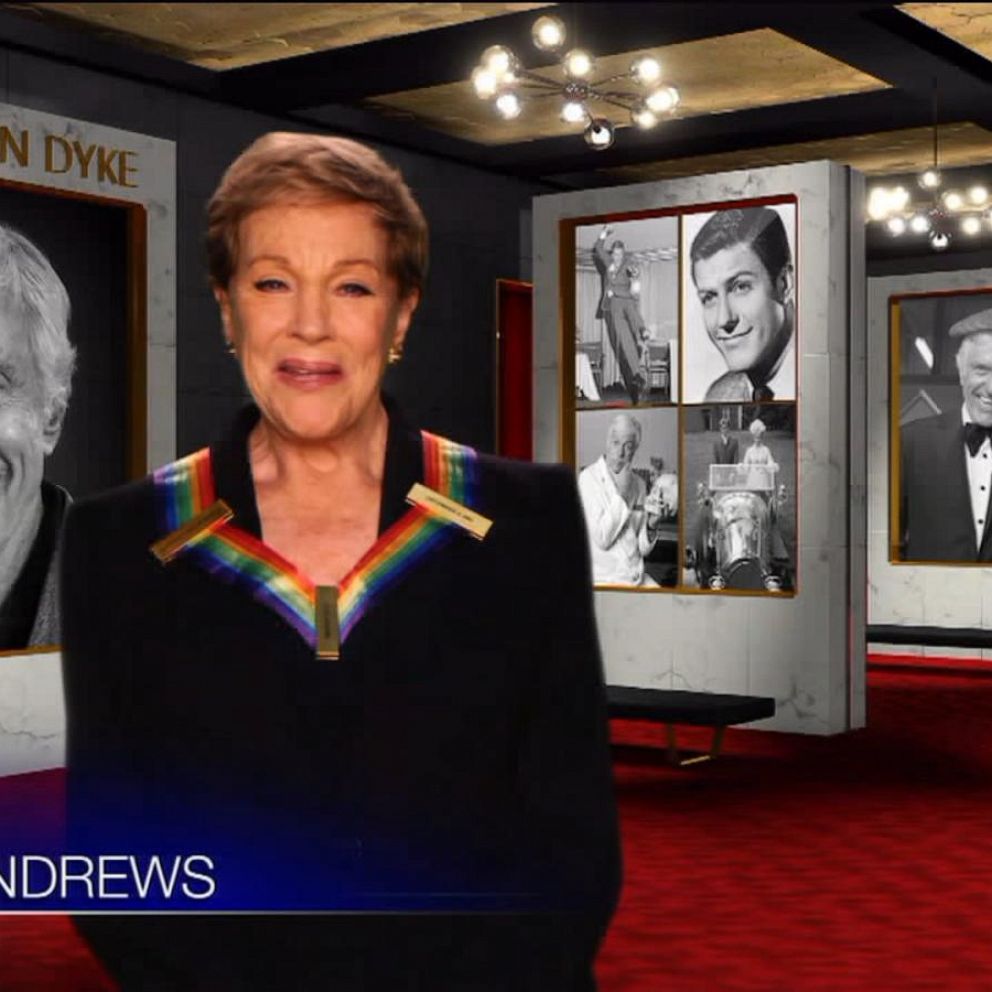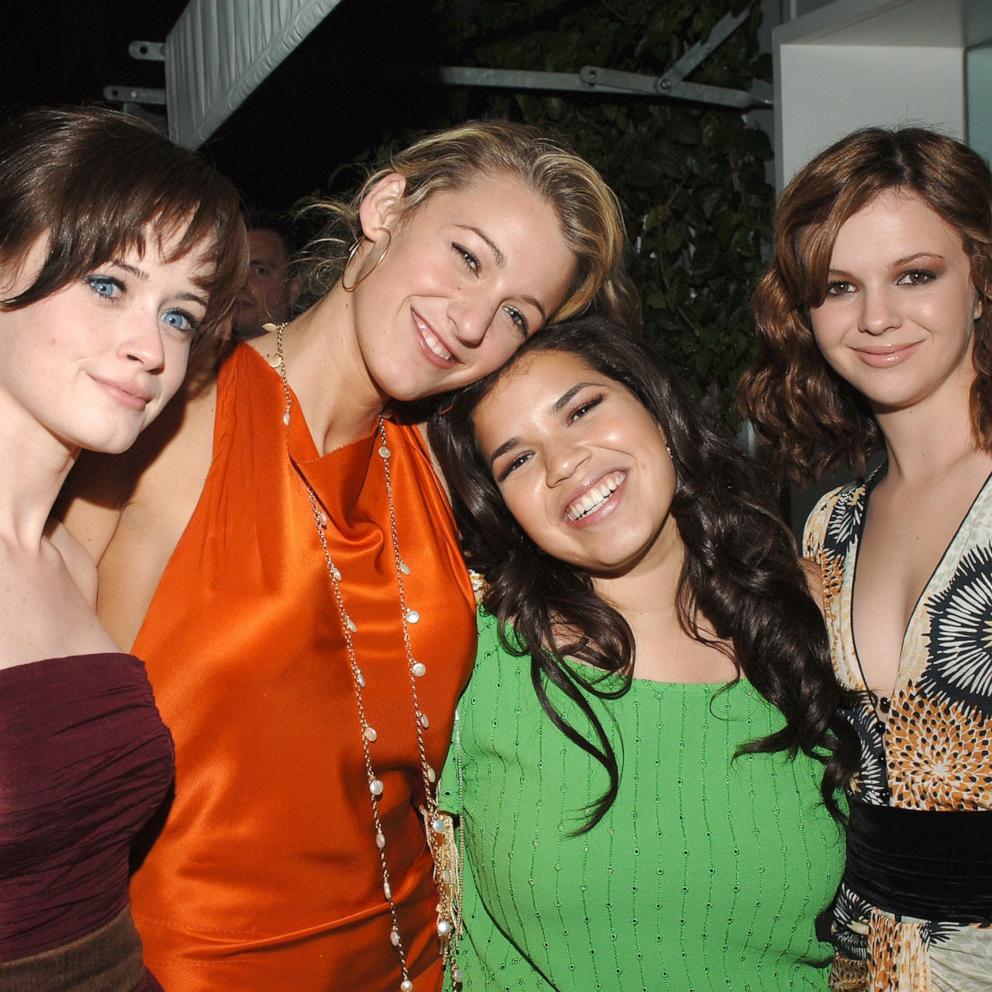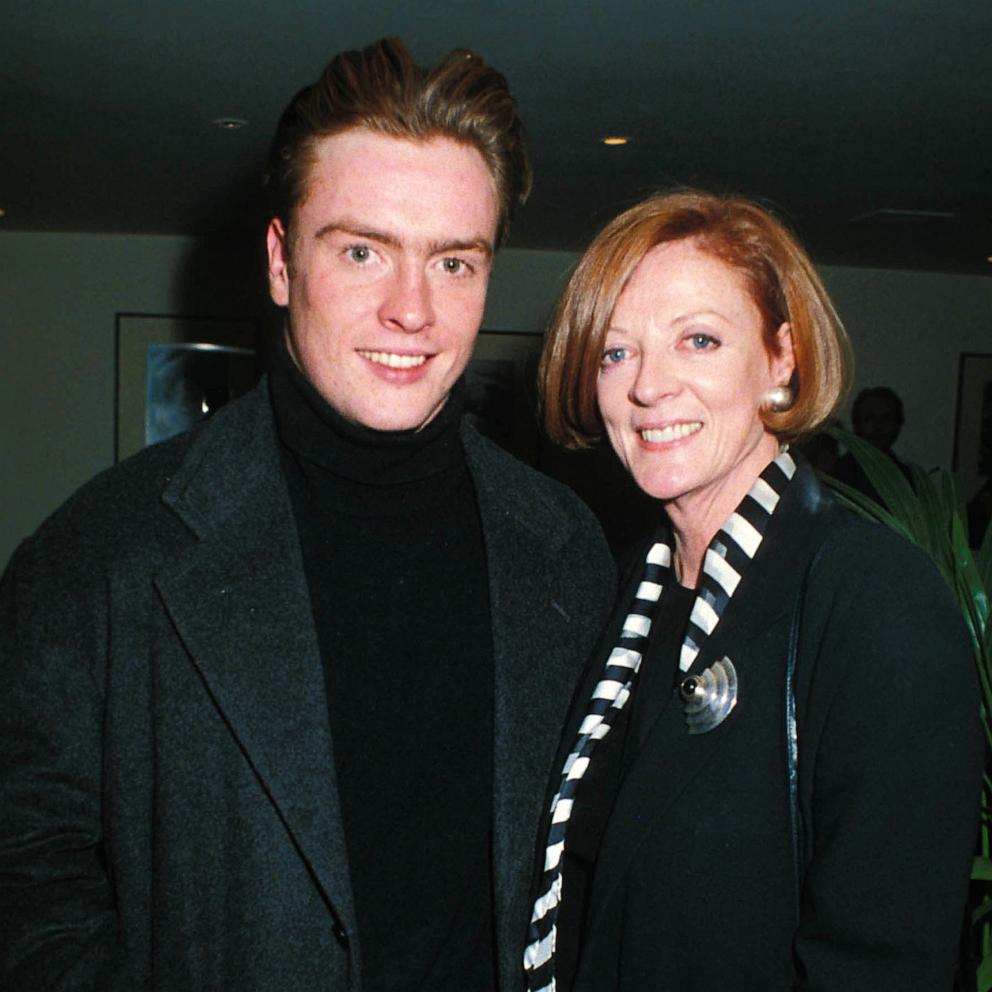'Mary Poppins' gets new film rating in the UK for 'discriminatory language'
The classic Disney film "Mary Poppins" has received a new rating in the United Kingdom due to "discriminatory language."
The British Board of Film Classification, or BBFC, has upped the 1964 film starring Julie Andrews to a "PG" rating for a 2024 re-release after it had been previously rated "U" for its original release and a 2013 re-release.
A BBFC spokesperson told "Good Morning America" that two uses of the discriminatory term "hottentots" resulted in the reclassification.
"While 'Mary Poppins' has a historical context, the use of discriminatory language is not condemned, and ultimately exceeds our guidelines for acceptable language at U," the spokesperson said. "We therefore classified the film PG for discriminatory language."

"U" stands for "Universal - Suitable for all," with the BBFC further clarifying that the film "should be suitable for audiences aged four years and over, although it is impossible to predict what might upset any particular child."
"PG," like in the U.S., stands for "Parental Guidance" and the BBFC recommends these films for "general viewing, but some scenes may be unsuitable for young children." The organization notes that a PG film "should not unsettle a child aged around eight or older."
According to Merriam-Webster, "hottentot" is a term which refers to Khoikhoi people and is considered offensive. The dictionary defines Khoikhoi as referring to "a member of any of a group of Khoisan-speaking pastoral peoples of southern Africa" or "the group of Khoisan languages spoken by the Khoikhoi."

The term is used twice in "Mary Poppins" by Admiral Boom (Reginald Owen), the eccentric neighbor of the Banks family who often fires a cannon from his rooftop.
"GMA" has reached out to Disney for comment on the new U.K. rating.
Disney is the parent company of ABC News and "Good Morning America."







